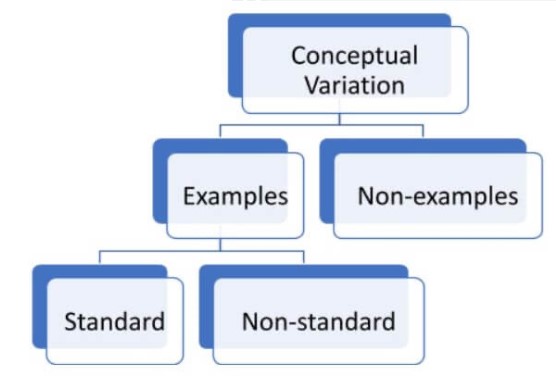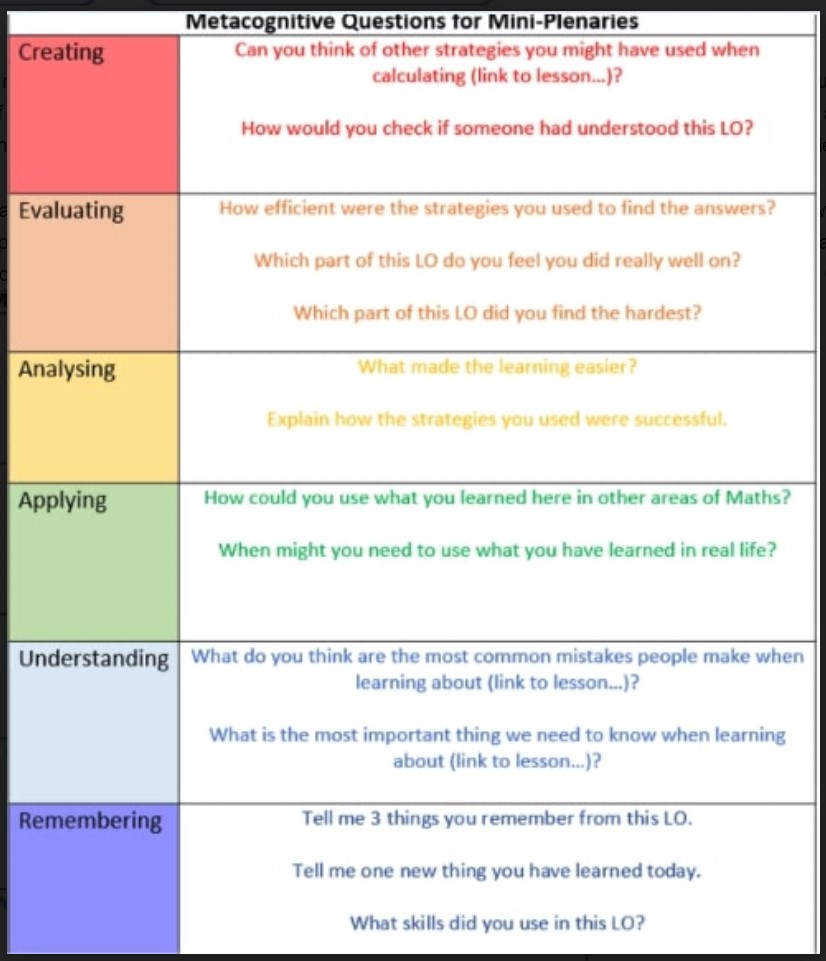Personal Development in Mathematics
It was difficult to write a piece on something that didn't seem to naturally fit.
How do you focus personal development with Maths in mind?
 Upon looking at each milestone, I decided upon the following and reflected how important it has been in supporting learners but also tackling Maths anxiety.
Upon looking at each milestone, I decided upon the following and reflected how important it has been in supporting learners but also tackling Maths anxiety.
• Evaluate the use of strategies to reach a goal.
In the initial phase of problem-solving, our children need to decide on the appropriate method, such as utilizing a bar model, part whole, or breaking down the statements of a multi step word problem. This planning stage is vital in supporting our learners in their assessments whilst also supporting them to tackle many problems, not just maths based tasks.
During the planning stage, students may engage in self-inquiry, asking if they have encountered similar problems before and reflecting on previous approaches. This is where previous modelling and encounters with prior learning is crucial and can have an impact on self esteem. They consider the similarities and differences from examples they've encountered, exploring information beyond the immediate question. Another reason why we use strategies such as variation theory to give our learners the knowledge and confidence to tackle the unknown they may discover during this stage.

Children must also monitor their own progress during these problem solving activities. Pupils can be encouraged to consistently assess their progress during exercises, ensuring the effectiveness of their chosen strategies. Self-assessment questions arise, questioning the accuracy of answers, the efficiency of methods, and the potential for alternative strategies. Sometimes we check in on a pupil's working out and regret not getting to them sooner as they lead themselves down the wrong path to more problematic calculations.
In the evaluating stage, learners reflect on the success and efficiency of their chosen strategies. This is a vital stage to model to our pupils. This can be done during our think alouds or lesson input as we tackle problems together. Exercises such as independent tackling of tasks leading to collaborative evaluation of strategies used can help our children understand the process of problem solving in maths isn't always about the dreaded, singular right answer. Questions such as the ones below may support this:

Metacognitive skills such as these, which involve planning, monitoring, and evaluating, significantly impact students' learning effectiveness. Research indicates that developing these skills enhances overall academic performance, accounting for a notable percentage of success during schooling. Metacognitive knowledge demonstrates a substantial effect on academic achievement, equivalent to an additional 7 months of secondary education.
 This all applies to the EEF report on Improving Mathematics in Key Stages 2 and 3 (Feb 23).
This all applies to the EEF report on Improving Mathematics in Key Stages 2 and 3 (Feb 23).
When we teach mathematics, the application of metacognitive skills is essential. While planning, monitoring, and evaluating are universal to all subjects, their specific application varies. For instance, planning an essay necessitates a different skill set than planning a strategy to find the tangent to a curve. Have you considered targeted or whole class interventions for improving metacognition in your classroom?
Written by Henry Huxtable, BNC

